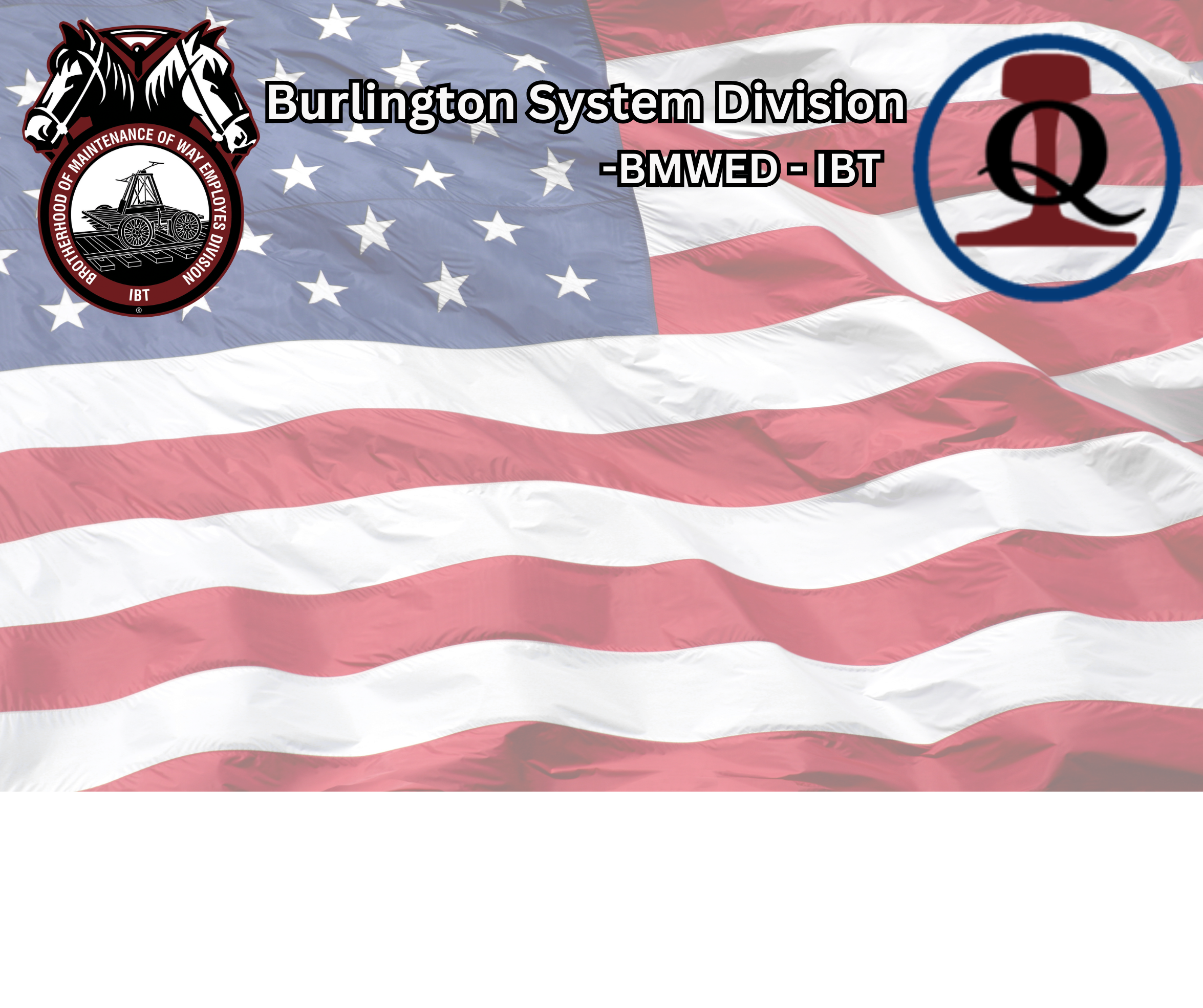|
December 1, 2020 Bargaining Update!
|
|
|
Bargaining Update: BMWED/SMART-MD Consultant, Cheiron, Provides NCCC With Healthcare Presentation
Published: Dec 2 2020 11:06AM https://www.bmwe.org/secondary.aspx?id=492
The BMWED/SMART-MD National Bargaining Coalition’s healthcare consultant, Cheiron, provided the National Carriers Conference Committee (NCCC) a presentation at the latest negotiation meeting Tuesday, Dec. 1.
In it, Cheiron disproved the railroads’ allegations that railroad employee health and welfare benefits are far outside the “mainstream.” They showed that railroad employees (and their dependents) are not “bad consumers” of healthcare benefits, and that further cost-shifting onto railroad workers was neither the best nor the appropriate answer to the railroads’ alleged need to tamp down healthcare costs.
Indeed, Cheiron’s presentation primarily demonstrated that railroad workers health and welfare benefits are on par with other comparable industry workers, that railroad workers and their dependents adequately navigate a complicated health and welfare system despite a lack of robust information available to them, that the railroads’ dangerous work environments contribute to the leading costs under the Plan, and that the best ways to control such costs are to create a better incentivized, more easily navigable health Plan.
Cheiron’s presentation can be found here. Cheiron also reiterated that the railroads’ total health care costs are a relatively insignificant portion of their total costs. However, current health care costs absorb a significant portion of rail worker income, including the possibility of crippling costs in connection with a major illness or injury. This is a legitimate and major concern for rail workers.
Despite Cheiron’s well-reasoned presentation, the NCCC provided the BMWED/SMART-MD Coalition with a formal health and welfare proposal that would effectively double railroad workers’ annual out-of-pocket healthcare expenses by year 2022, and substantially increase out-of-pocket healthcare expenses for those railroad workers that are fortunate enough to make it to retirement. The NCCC’s health and welfare proposal is disappointing and particularly tone-deaf to the harsh, perilous work conditions railroad workers face daily (which has increased during the pandemic), and the substantial value they deliver to the railroads. The NCCC’s health and welfare proposal can be found here.
The NCCC also provided a presentation that alleged railroads face immediate and future uncertainty and challenging headwinds. The railroads also alleged that railroad workers account for their largest operating expense, and that the railroads’ capital investments in infrastructure, equipment and technology coupled with operational changes (think “Precision Scheduled Railroading”) have resulted in substantial productivity increases, rather than through the sweat and labor of railroad workers. This too is disappointing and tone-deaf.
BMWED President Simpson offered the following comments about the NCCC’s December 1, 2020 presentations and health and welfare proposal, “Railroad workers are a rare breed: they are industrious, they’ve got grit and determination and they’re loyal. In the last few years, they’ve watched many of their co-workers get furloughed in the name of shareholder returns, but they kept working even though more was being asked of them. Then the Covid-19 pandemic hit, and they watched more of their co-workers get furloughed, get sick and some even die. But they’ve continued to toil away every day, doing yet even more with even less men and women and in harsher conditions. They deserve to be treated respectfully by the railroads, and they deserve to be fairly compensated for the work they do. They always answer the call, and it is time the railroads answer Labor’s call to treat their employees with respect, pay them fairly with good wages and healthcare benefits.”
Follow the BMWED on Facebook, twitter and on our website (www.bmwe.org), where you can sign up for E-alert news emails and stay updated on National Bargaining.
|
|

